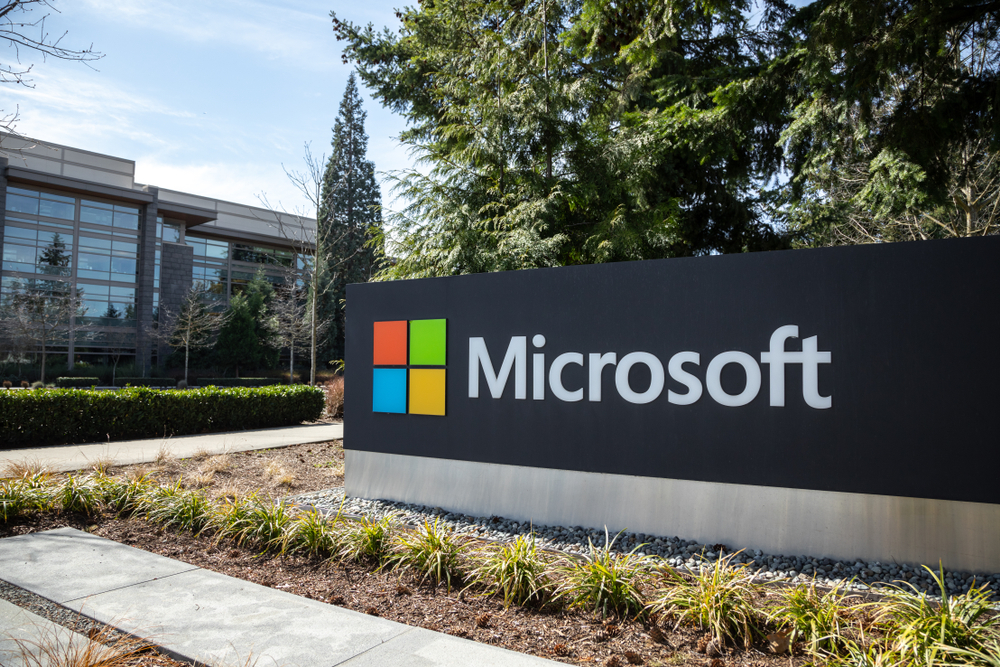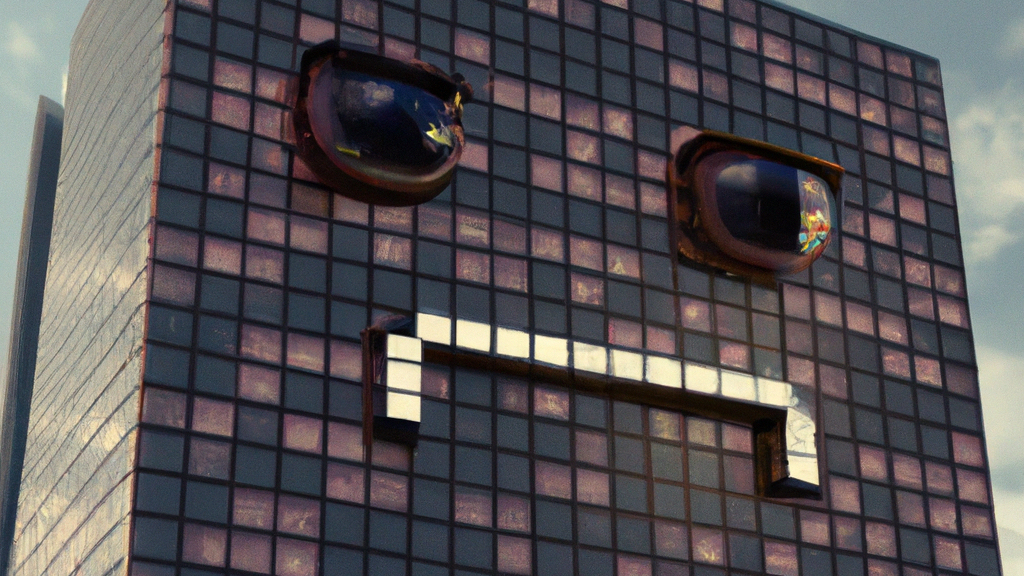Microsoft has announced a fresh round of job cuts, effectively culling its industrial metaverse unit, amid slowing growth and ongoing waves of macroeconomic uncertainty.
Staff working on HoloLens, Surface laptop, and Xbox products, along with the 100 workers on the industrial metaverse team known internally as Project Bonsai will go, including its co-founders. The pruning comes as part of CEO Satya Nadella’s plan to shed 10,000 workers and take a $1.2bn hit to earnings in the process. The job losses will affect just under five percent of the Microsoft workforce, and are set to conclude by the end of next month. Moreover, VR company AltspaceVR, acquired by Microsoft in 2017, will terminate operations next month.
Is Meta out and AI in?
After Microsoft saw the worst quarterly growth in six years in its last quarter, affecting even cloud incomes, it’s hardly surprising that a shift in focus was set to follow.
One could argue that in uncertain times Microsoft is hoping for a fast and direct return on investment with artificial intelligence (AI). As Nadella has said, Microsoft customers are hoping “to do more with less”. To ward off the potential of a looming recession, maybe the answer won’t be a flashy metaverse splurge, but instead, working smarter rather than harder, with AI peddling success behind the scenes.
But, the overlooked angle here is that the industrial metaverse always presented the real potential winning areas for metaverse technology.
Rather than getting everyone in the office in a VR gaming headset, the real ROI gems seemed likely in metaverse technology like digital twins for instance, especially given the current macroeconomics. It seems surprising that Microsoft should back out now, when industrial metaverse technology could be handing businesses opportunities to try out new ways of working without risking profits. To add salt to the wound, the Project Bonsai unit was only set up four months ago to assist customers in using the metaverse via industrial settings.
As AltspaceVR and the metaverse unit are both shut down, Microsoft has yet to cut ties with meta activities altogether, announcing ongoing but less extravagant commitments to HoloLens 2 and mixed reality endeavors such as Microsoft Mesh.
The question is whether this is a prime example of Big Tech caught in a fickle act of trend swapping. It seems just yesterday that Facebook created quite the industry stir when it renamed to Meta, and all Big Tech eyes seemed to shift to the prize of meta potential. Now, as finance teams are bolting down the hatches, and companies are bracing for an economic storm, is this Microsoft beginning to set its metaverse toy set to one side? Or is it that, when enterprise spend is under lock and key, only the shiniest tech toys get buy-in from businesses?
Meta itself is undergoing budget setting delays while yet another round of job cuts are being finalized, according to the Financial Times. Containing costs in Zuckerberg’s ‘year of efficiency’, Meta’s latest cuts will be in addition to the torrent of 11,000 job losses, 13 percent of its entire workforce, in November last year.
Meanwhile, the likes of ChatGPT and other AI tools are taking new focus, and the Microsoft layoff news has come after the firm announced it will be extending its multibillion-dollar investment in the tech golden child of the moment – AI.
For the Microsoft CEO, it’s a move that will “innovate for the future in the new era of AI”; as Nadella said at Microsoft’s quarterly results release: “The next major wave of computing is being born, as the Microsoft Cloud turns the world’s most advanced AI models into a new computing platform.”
In spite of the uncertainty circling the tech industry, Microsoft is placing its bets in a big way on a long-term collaboration with OpenAI, hoping that, with Microsoft Azure, it will accelerate AI breakthroughs and reignite growth for the firm.
There is no doubt a lot of potential in the air. Though Microsoft seems to be keeping smaller investments in the metaverse in its back pocket, it has clearly marked AI as its key growth area for 2023. Coming next will be the question of how many others will jump on the AI bandwagon, and how many metaverse endeavors will be left curbside.




